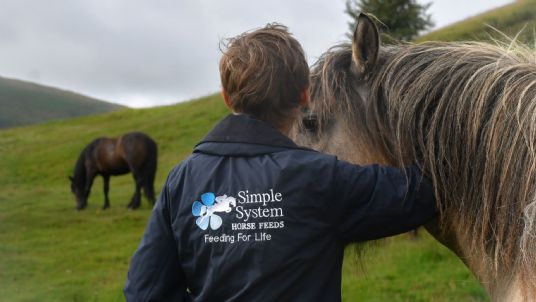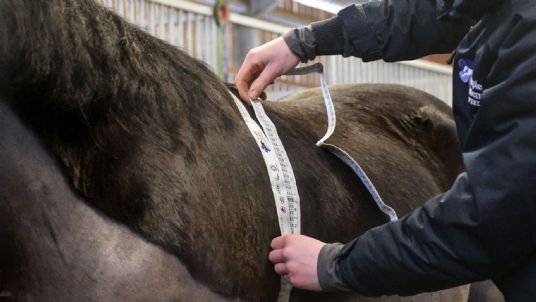Lack of rain in the UK and how this can affect horses
Long, hot, dry weather may be wonderful for us during our leisure time, but the driest spring on record has had some serious implications for all connected with the land - including our horses. The dry spell looks likely to continue into drought. Read on to see how you can help manage your horse during this time.









